Swiss court to rule on controversial Islamist video
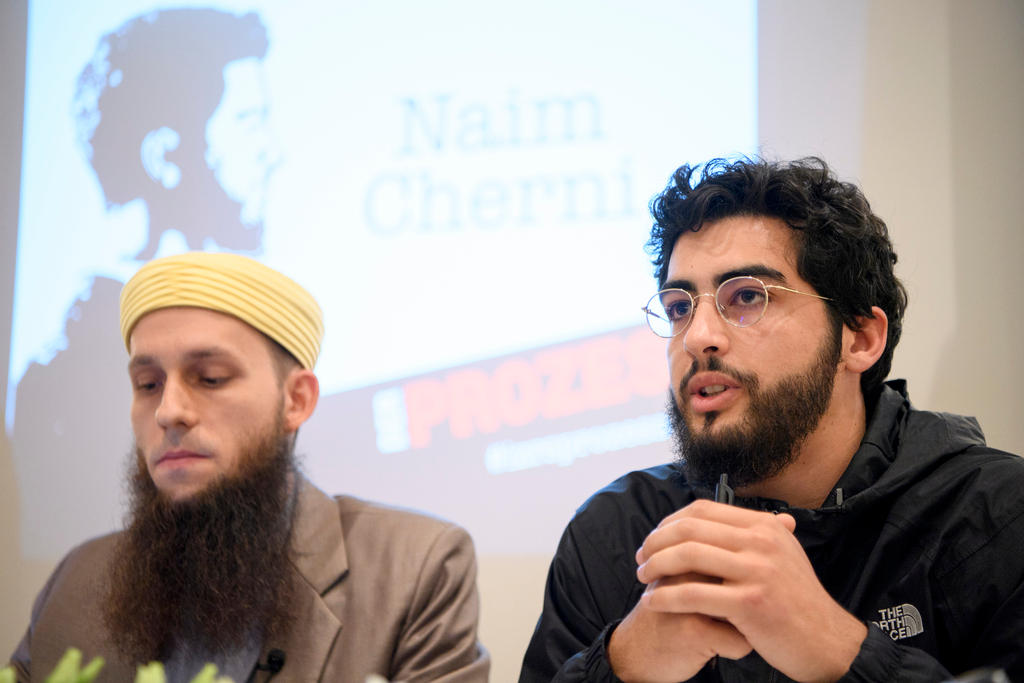
Three leading members of the fundamentalist Islamic Central Council Switzerland are standing trial accused of illegal propaganda for the Islamist militant al-Qaeda organisation.
The Federal Criminal Court deliberates whether a video interview with Abdullah al-Muhaysini, a militant Saudi cleric, conducted by Naim Cherni, a member of the Swiss groupExternal link in Syria in 2015 contravened the law.
The video was posted on the Youtube social media channel and members of the central council allegedly promoted it actively.
The prosecution argues the interview went against journalistic principles as it gave the cleric 35 minutes of the time, while the interviewer used just two minutes, making it a propaganda platform for a militant Islamist organisation.
However, the defendants have dismissed the trial as politically motivated and announced they will remain silent in court.
The court proceedings are due to last two days and a verdict is expected before the end of the month.
Who is Abdullah al-Muhaysini?
Saudi cleric Abdullah al-Muhaysini arrived in war-torn Syria in 2013. He served as a religious judge for Jeish al-Fatah (The Army of Contest), which overrun the northern province of Idlib in early 2015, and has repeatedly played the role of mediator between rival jihadist groups.
Muhaysini is one of the best known foreign clerics partly thanks to an aggressive social media presence. In mosques and online, he has been a vocal advocate of “jihad” against the Syrian regime, promoted the tactic of suicide bombings, and sanctioned the killing of captured prisoners. Saudi Arabia has blacklisted him as a terrorist, a view shared by the United States and the Syrian government.
In 2016, the US Treasury designated Abdallah Muhammad Bin Sulayman al-Muhaysin (full name) as a terrorist over his recruitment and fundraising efforts for Al-Qaida’s franchise in Syria, which has operated under several aliases and guises amid efforts of Islamic governance in northern Syria.
A brief glance at Al-Qaeda in Syria
Al-Qaeda was making inroads in Syria by early 2012.
Parts of the Syrian opposition, which had launched a largely peaceful uprising against the ruling regime in 2011, began to take up arms in a bid to defend protest hubs from deadly military crackdowns and mass arrests. Armed groups with an Islamist bent gained momentum thanks to sponsors in Turkey, Qatar, and Saudi Arabia.
The overall influence and territorial control of Al-Qaeda inspired and aligned groups has waxed and waned over the course of the Syrian conflict. Sunni jihadists from around the world rushed to Syria to protect fellow Muslims from slaughter by what they considered an infidel regime – a dynamic that contributed to the rise of the Islamic State group in Syria and neighbouring Iraq.
A decision by Syrian President Bashar al-Assad – a member of the Shi’ite Alawite minority – to release Islamist dissidents also contributed to the radicalization of the armed opposition.
Syria, which was designated by the US as a state sponsor of terrorism in 1979, was a major conduit for foreign fighters, or jihadists, into neighbouring Iraq after the 2003 US occupation.
Salafist jihadist groups advocate a return to “pure” Islam and consider that violent jihad, interpreted both as personal effort and Holy War, a moral duty.
Al-Qaeda in Syria has had many guises in recent years. For example, the Syria-based jihadist group al-Nusra Front rebranded as Jabhat Fateh al-Sham in July 2016, ostensibly breaking its link to the international Al-Qaeda franchise and forming a broad alliance with other Syrian Islamist factions. The history of Al-Qaeda linked and inspired groups in Syria has been rendered complex by fissures and mergers, in addition to local and international leadership struggles.
A recent report by the Center for Strategic and International StudiesExternal link offers more detailed background and nuanced analysis.
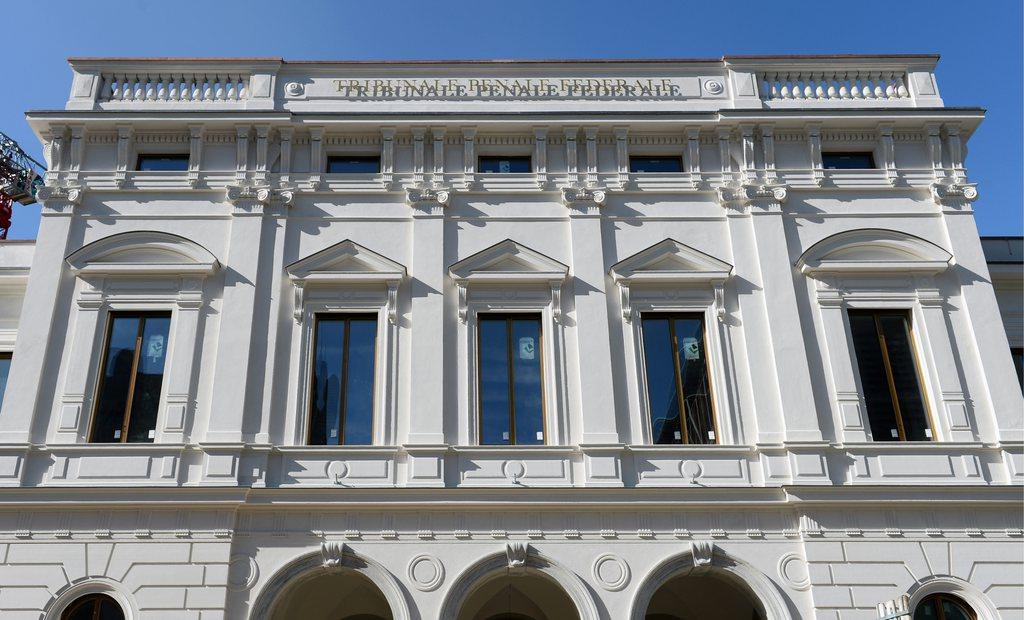
More
Swiss indict three for alleged al-Qaeda propaganda films

In compliance with the JTI standards
More: SWI swissinfo.ch certified by the Journalism Trust Initiative











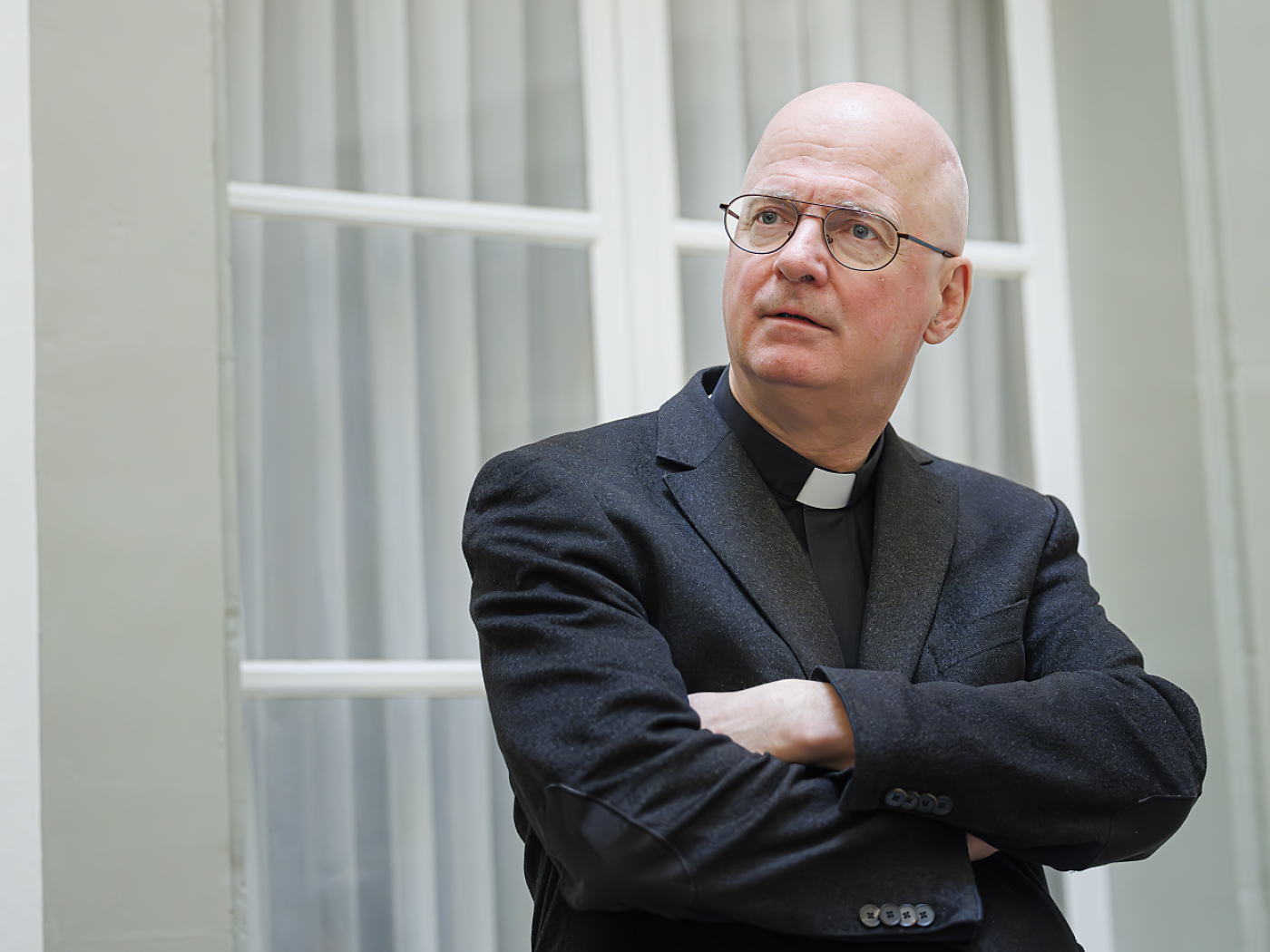

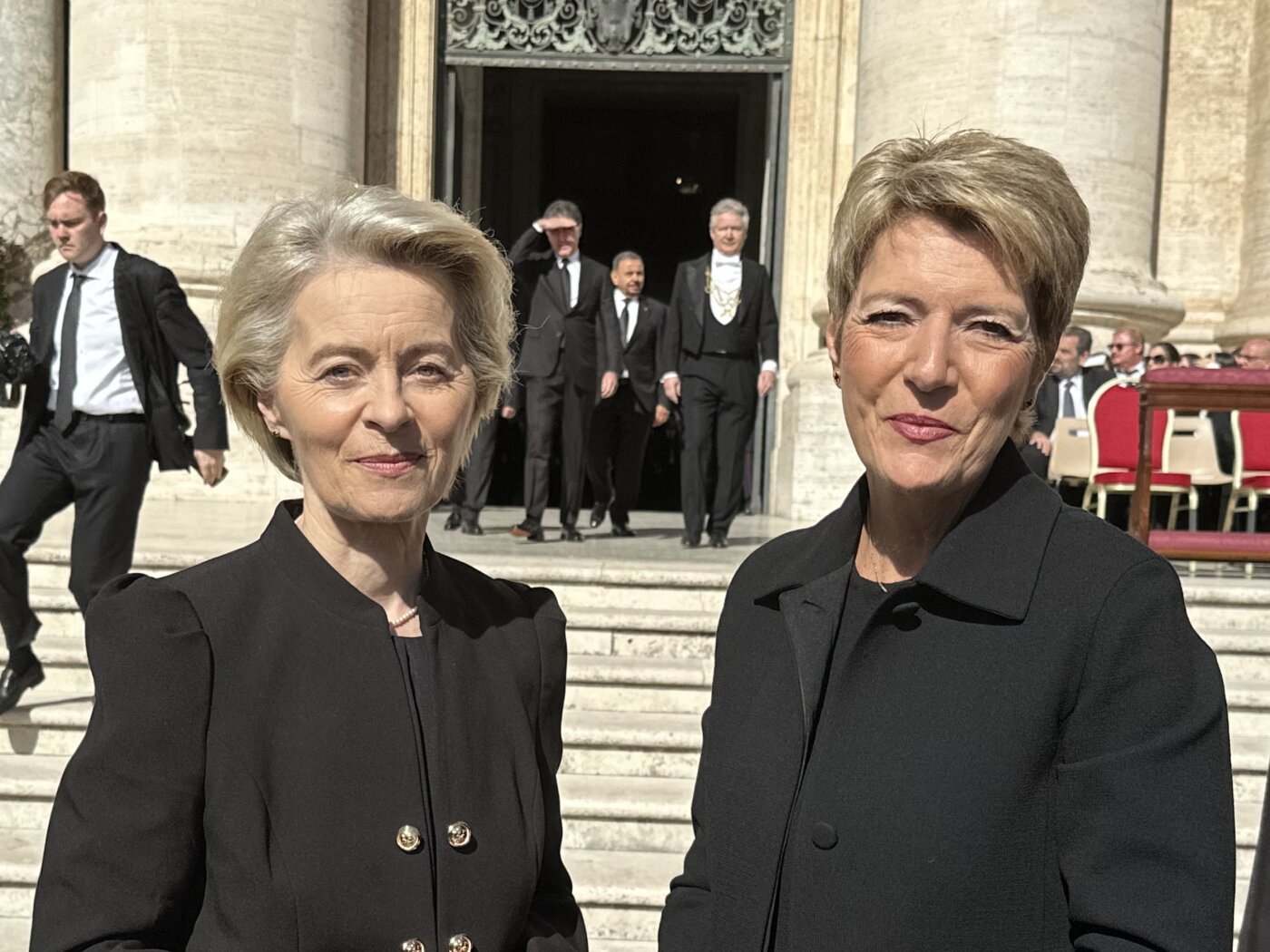
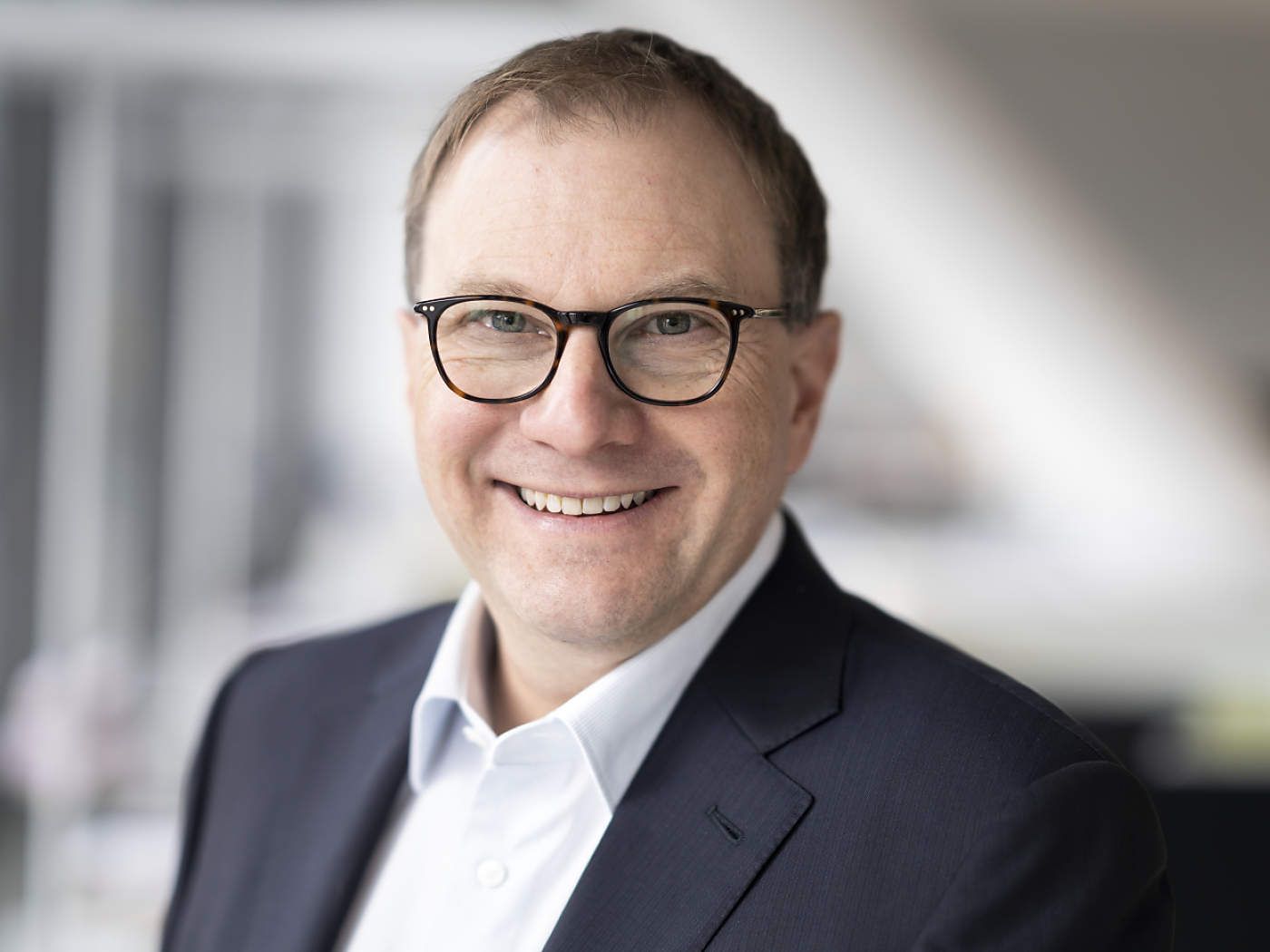
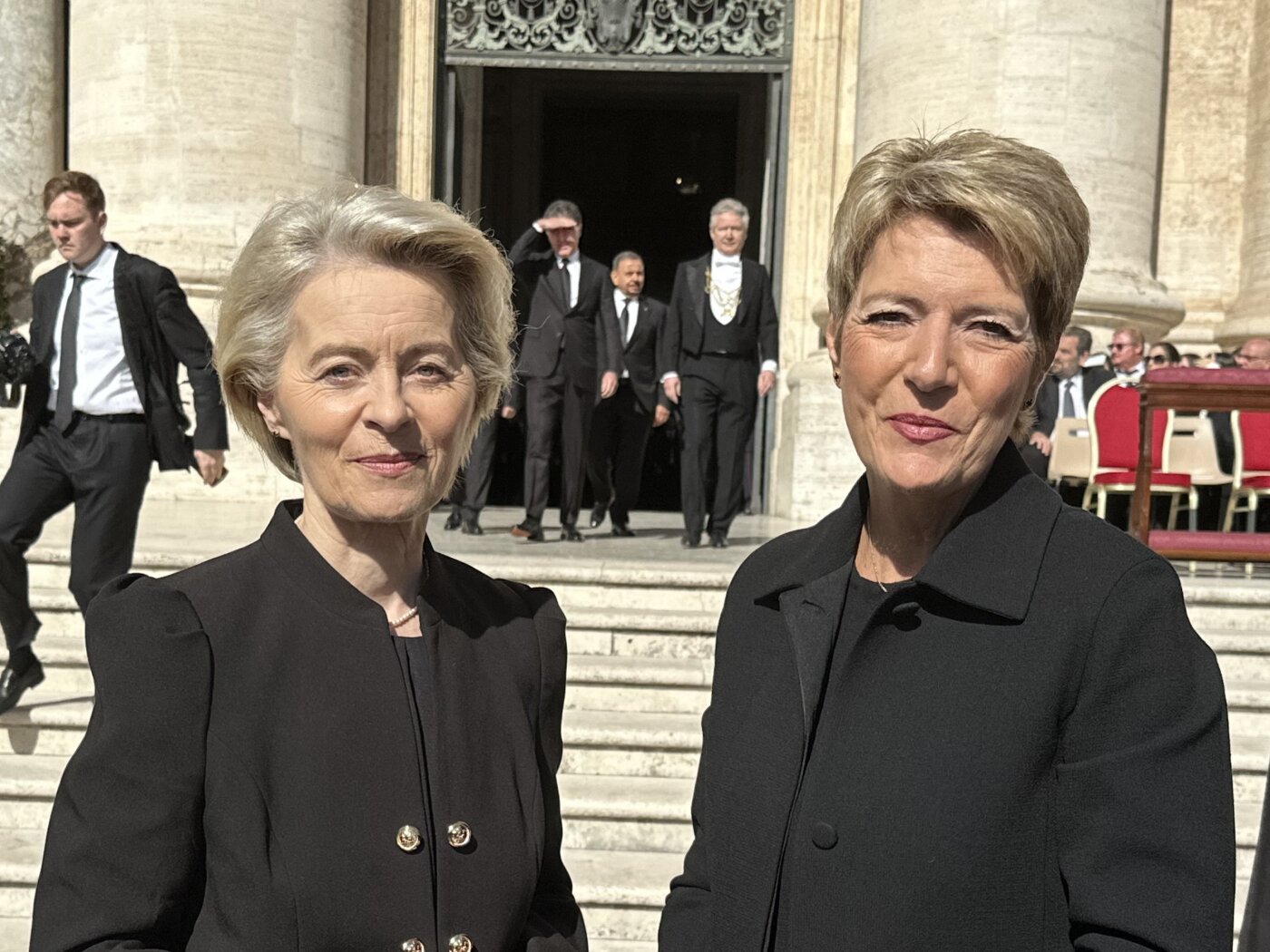



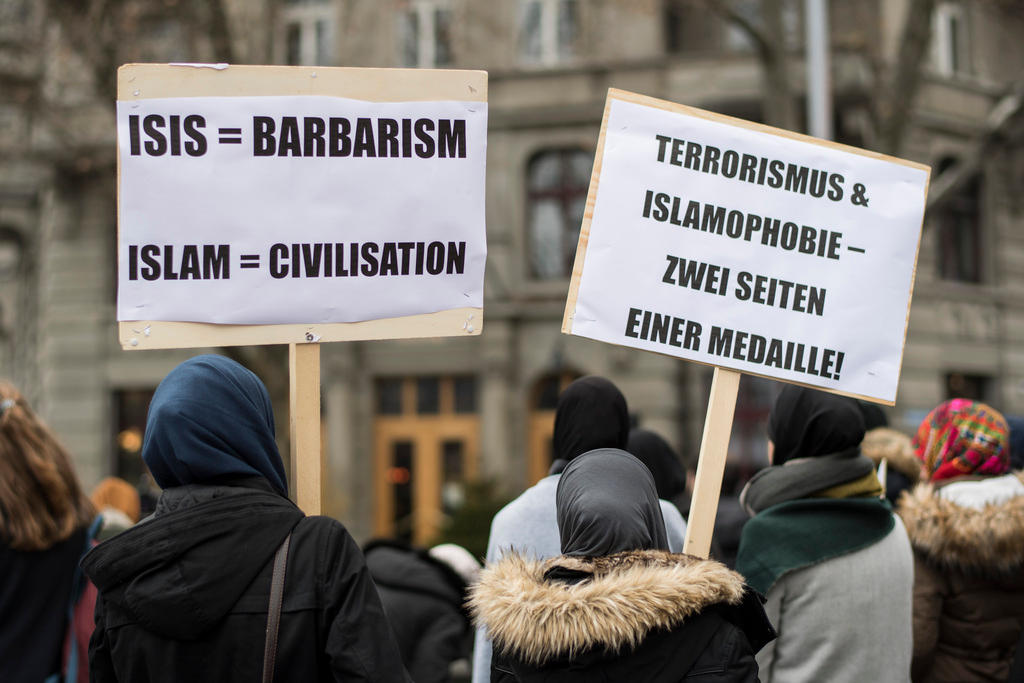
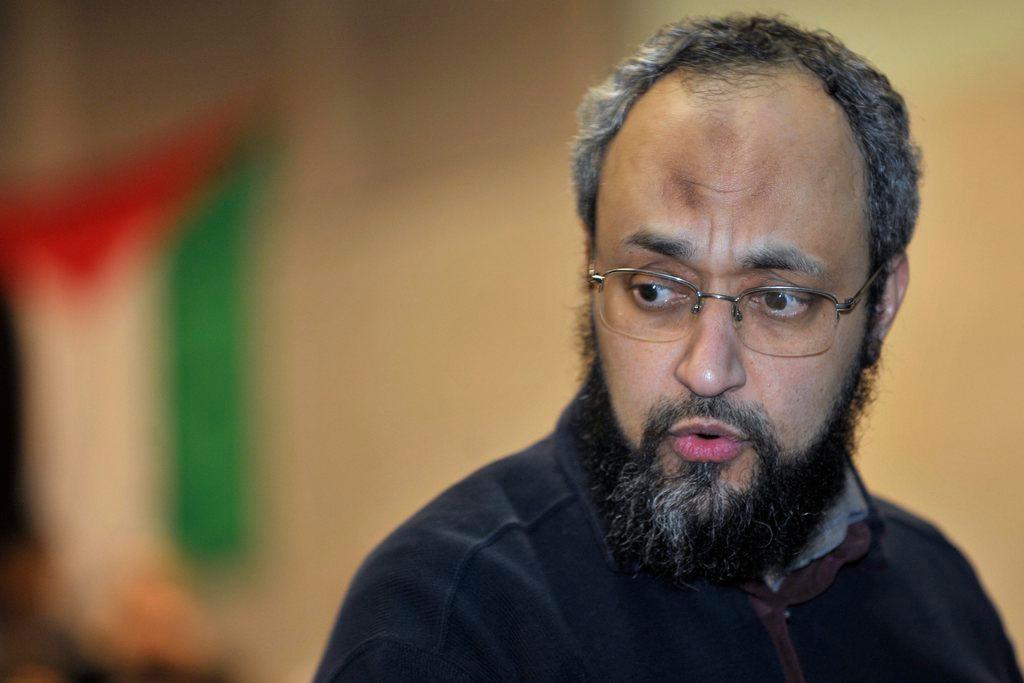
You can find an overview of ongoing debates with our journalists here . Please join us!
If you want to start a conversation about a topic raised in this article or want to report factual errors, email us at english@swissinfo.ch.